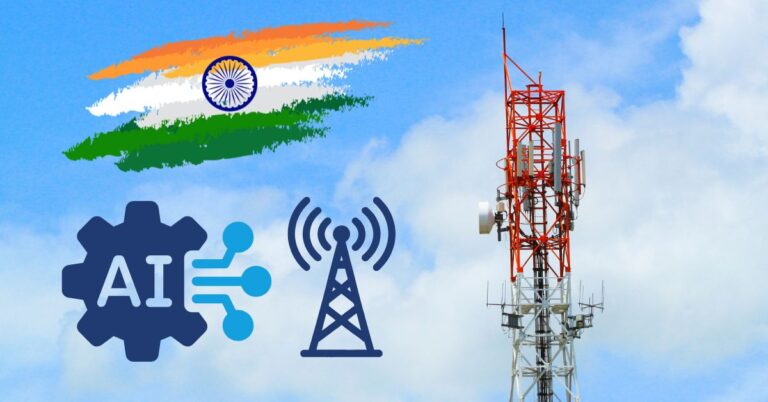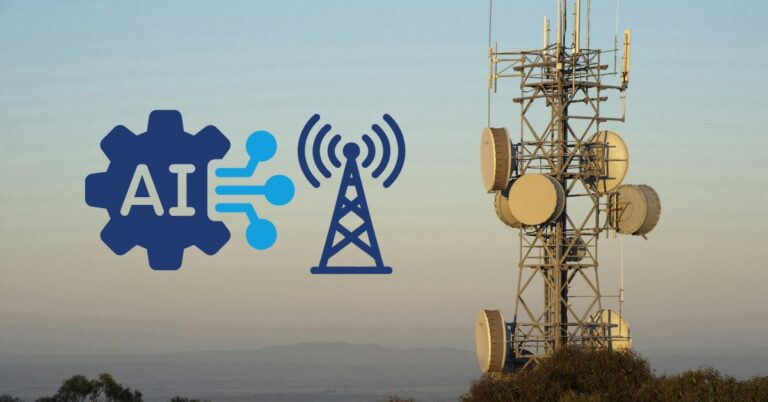SoftBank’s New Frontier in Enterprise Connectivity: Private 5G Launch
In an innovative stride toward enhancing enterprise connectivity, SoftBank Corp. launched its “Private 5G (Dedicated Type)” service on March 13, 2024. This initiative represents a pivotal shift towards enabling enterprises, local governments, and other organizations to develop their bespoke, high-speed, and secure 5G networks. Unlike traditional public 5G services, SoftBank’s approach is tailored, offering clients the ability to establish dedicated network environments on their premises.
Dedicated vs. Shared Private 5G Services
SoftBank differentiates its Private 5G offerings into two distinct types: the “Dedicated Type” and the “Shared Type.” The “Dedicated Type” is characterized by installing customized network equipment and base stations directly at the client’s location, leveraging SoftBank’s allocated spectrum. This method drastically reduces latency—up to a fifth of that experienced with the “Shared Type” service—while significantly enhancing security through onsite data processing. The “Shared Type,” launched a year prior, utilizes network slicing technology to partition SoftBank’s public 5G network for specific customer applications, offering a more flexible but less exclusive connectivity solution.
Custom 5G Networks for Optimal Operational Efficiency
The “Private 5G (Dedicated Type)” service is particularly suited for scenarios demanding utmost network performance and minimal latency, such as in the operation of smart factories. To underscore its commitment to this sector, SoftBank has set up a technology verification area within SoftBank Robotics Corp.’s Logistics Innovation Lab in Ichikawa City, Chiba Prefecture. This facility is equipped with state-of-the-art logistics technologies, including the “AutoStore” system and automated guided vehicles (AGVs), mimicking real-world factory and warehouse environments for in-depth Private 5G technology testing and customer consultations.
SoftBank’s Vision for Private 5G
The conception of SoftBank’s Private 5G services represents a strategic evolution from its initial consumer-focused 5G offerings to a more nuanced, enterprise-oriented approach. This shift is geared towards filling the connectivity gap in enterprise environments, providing customized, secure, and high-performance wireless networks. The introduction of network slicing, enabled by 5G SA technology, allows SoftBank to offer versatile and scalable wireless communication solutions tailored to the unique requirements of each enterprise, significantly improving the integration of IT and Operational Technology (OT) systems across various sectors.
Next-Gen 5G Technologies for Enterprises
Alongside the “Private 5G (Shared-Type)” service, SoftBank launched the SH-U01 5G mobile router, designed for high-speed data transmission up to 2.1Gbps. In a forward-looking move, SoftBank is collaborating with Sumitomo Electric Industries, Ltd. to develop an industrial 5G terminal, slated for release in 2024. This upcoming terminal is aimed at bolstering smart factory capabilities and enhancing enterprise-grade connectivity solutions further.
Elevating Enterprise Networks with SoftBank’s Private 5G
SoftBank Corp.’s foray into Private 5G services underscores a broader commitment to empowering enterprises with advanced connectivity solutions. By offering both shared and dedicated 5G networks, SoftBank not only caters to a wide range of enterprise needs but also pioneers the integration of sophisticated IT and OT systems. The dedicated Private 5G service, in particular, offers unparalleled advantages in terms of speed, security, and customization, setting a new benchmark for enterprise connectivity solutions.
SoftBank’s Milestone in Telecommunications: A Leap Towards Enhanced Enterprise Connectivity
SoftBank Corp.’s introduction of its Private 5G services marks a significant milestone in the telecommunications industry, especially for enterprise connectivity. By providing bespoke, secure, and high-performance networking solutions, SoftBank is positioning itself as a key player in the evolution of enterprise-grade communications. The launch of the Private 5G (Dedicated Type) service, alongside the ongoing development of advanced connectivity terminals, demonstrates SoftBank’s commitment to driving innovation and operational efficiency across various sectors. As these technologies continue to evolve, the potential for transformative impacts on smart factories, logistics, and beyond is immense, paving the way for a more connected, efficient, and innovative future.










































